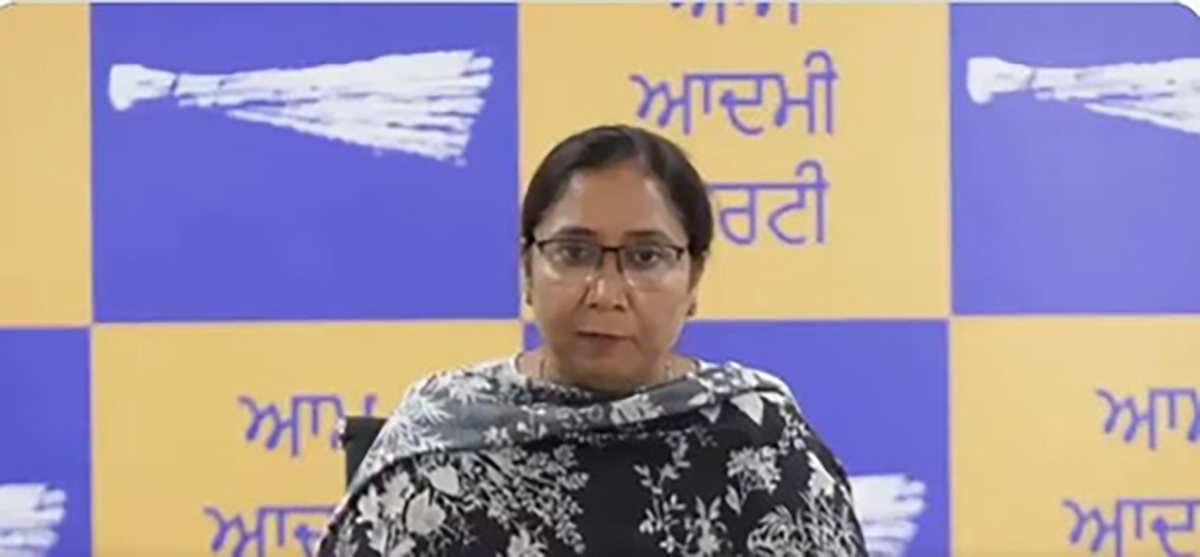
Chandigarh: Punjab’s Social Security, Women and Child Development Minister Baljit Kaur said on Friday that the state government has intensified efforts to eradicate child begging with the launch of ‘Project Jeevanjot II’.
The state government has introduced DNA testing in suspicious cases where it is unclear whether the accompanying beggar adults are the child’s biological parents or not.
The Minister said that if any adult is found forcing unrelated children to beg, strict action will follow under the law.
“DNA tests will be conducted with orders from the Deputy Commissioner and during the 15 to 20-day report period, the children will remain safely under government protection in Bal Ghar. If DNA reports confirm that the adults are not the biological parents, stringent legal action will be initiated, including charges under anti-trafficking and child protection laws.”
Minister Kaur said that already an FIR has been registered in Bathinda where 20 children were rescued from villages suspected of being exploited for begging.
She emphasised that Punjab is the first state in India to initiate such an integrated, aggressive, and self-conceived programme without waiting for any Central government’s directive.
In the past nine months through 753 rescue operations, 367 children were rescued, she said.
Of these, 350 children were reunited with their families, while 17 children whose parents could not be identified were placed in Child Care Homes (Bal Ghar).
A total of 150 rescued children belonged to other states and were safely repatriated to their families, the Minister added.
As many as 183 children were admitted to schools, and 13 children under the age of six were enrolled in Anganwadi centres for early childhood care, she said.
Thirty children from extremely poor families were enrolled in a sponsorship scheme, receiving Rs 4,000 per month to ensure their education continues uninterrupted, she added.
The Minister said that 16 children were brought under the state’s pension scheme, receiving Rs 1,500 per month.
“When we see small children forced to beg on our streets, it is not just their dignity that suffers, it raises serious questions on our society’s collective conscience and on the honour of Punjab itself,” Minister Kaur told the media here.
She said the state government started this mission in September 2024.
Dedicated rescue teams formed district-level committees to identify and rescue children found begging across the state, she added.
She said that the Aam Aadmi Party government is not just rescuing children but ensuring continuous monitoring.
“Every three months, district-level child protection teams verify whether these children continue attending school and are not back on the streets.”
Despite these efforts, 57 children were found missing again from the schools or homes they were sent to, the Minister added.
“This raised an alarming question: Are these children truly safe with their families, or have they fallen victim to human trafficking or begging mafias?”
To address these concerns, Punjab has now upgraded and intensified its mission under ‘Project Jeevanjot II’.
Under this project, 18 rescue operations were conducted across districts within the last two days, rescuing 41 children.
‘Project Jeevanjot-2’ brings together provisions from the Beggary Act, the Juvenile Justice (Care and Protection of Children) Act, guidelines of the Supreme Court and High Court and special operating procedures issued by the Punjab State Child Protection Commission.
